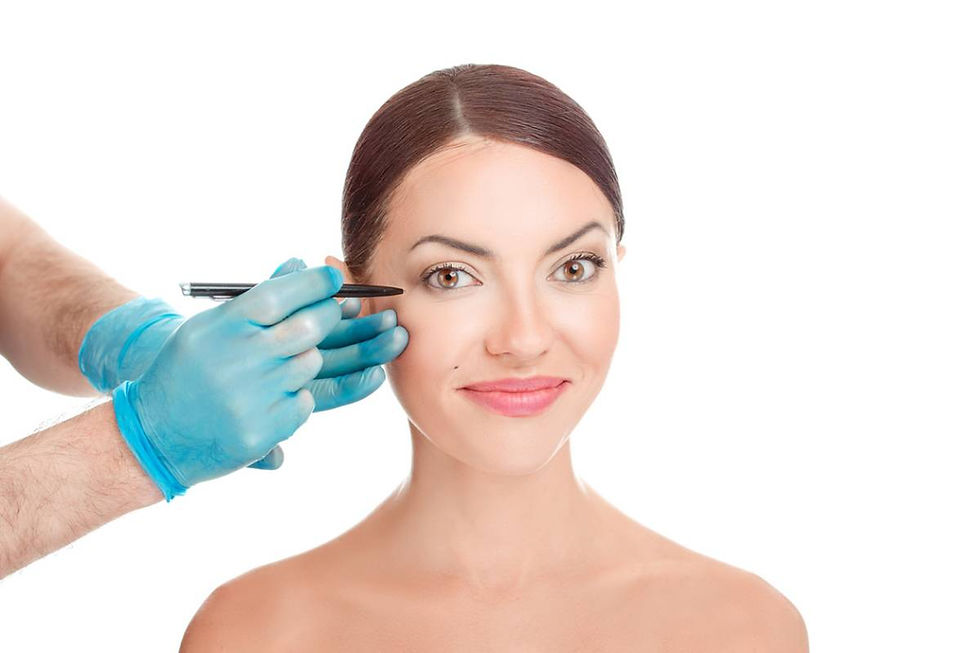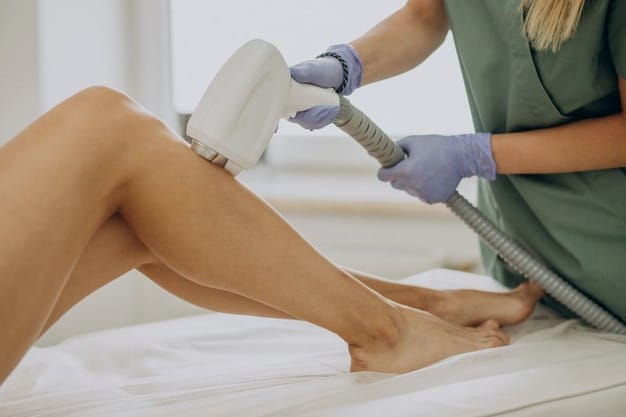Can Glutathione Injections Help with Dark Spots?
- Dynamic Aesthetic
- Sep 4
- 3 min read
Dark spots, often referred to as hyperpigmentation, are among the most common skin concerns faced by both men and women. These spots can develop due to sun exposure, hormonal fluctuations, aging, or even certain skin conditions. For many people, achieving an even skin tone becomes a priority, leading them to explore advanced skin-brightening solutions. While topical creams and serums provide limited benefits, many individuals are now considering injectable solutions for more noticeable changes. This is where treatments such as Glutathione Injections Dubai come into the conversation, offering potential improvements in reducing dark spots and promoting radiant, healthier-looking skin.
Understanding Dark Spots and Hyperpigmentation
Dark spots are patches of skin that appear darker than the surrounding areas due to an overproduction of melanin, the pigment responsible for skin color. These spots vary in size and can appear anywhere on the body, but are most commonly found on the face, hands, and other areas frequently exposed to sunlight.
Sun exposure: Ultraviolet (UV) radiation stimulates melanin production, leading to sunspots or age spots.
Hormonal changes: Conditions like melasma, often triggered during pregnancy or by hormonal treatments, cause pigmentation irregularities.
Post-inflammatory hyperpigmentation: Acne scars, injuries, or skin conditions may leave dark marks after healing.
Aging: As the skin matures, its natural regenerative abilities slow down, making pigmentation more noticeable.
What is Glutathione?
Glutathione is a naturally occurring antioxidant found in every cell of the body. It plays a vital role in neutralizing free radicals, detoxifying harmful substances, and supporting the immune system. Apart from its health benefits, glutathione has gained popularity in the skincare world for its potential in influencing skin pigmentation.
How Glutathione Targets Dark Spots
When it comes to dark spots, the core issue lies in excess melanin buildup. Glutathione addresses this concern in several ways:
Melanin regulation: Glutathione helps reduce the activity of tyrosinase, the enzyme involved in melanin production. With lower melanin synthesis, the appearance of dark spots gradually diminishes.
Antioxidant defense: By fighting oxidative stress, glutathione prevents further cellular damage that could lead to uneven pigmentation.
Skin brightening effect: Continuous regulation of melanin creates a more uniform skin tone, reducing contrast between dark patches and surrounding skin.
Detoxification benefits: Clearing toxins from the body also promotes overall skin clarity, minimizing the dullness that often highlights dark spots.
The Connection Between Glutathione and Skin Health
Beyond dark spots, glutathione contributes to overall skin wellness. It works at the cellular level to maintain balance and rejuvenation. Research suggests that individuals with higher levels of glutathione often exhibit brighter, healthier-looking skin. Since oxidative stress and toxin buildup are closely linked to premature aging and pigmentation, maintaining adequate glutathione levels may help delay the appearance of skin concerns.
Myths and Realities of Glutathione for Dark Spots
Like many popular skincare solutions, glutathione is surrounded by both myths and facts. Understanding the difference is essential for realistic expectations:
Glutathione completely erases all dark spots overnight.
While glutathione can reduce pigmentation and improve overall skin tone, its effects are gradual. It helps lighten spots over time rather than providing instant results.
Glutathione works the same way for everyone.
The degree of improvement depends on various factors such as genetics, severity of pigmentation, lifestyle, and skin type.
Glutathione is only for cosmetic purposes.
Its primary function is as a master antioxidant. Skin benefits are an additional advantage of its broader health role in the body.
The Holistic Approach to Managing Dark Spots
While glutathione plays a significant role, it is important to consider dark spot management holistically. Supporting lifestyle factors enhance its effects and help prevent new pigmentation issues.
Key supportive measures include:
Sun protection: Regular use of sunscreen prevents UV-induced dark spots.
Balanced diet: Nutrient-rich foods provide the body with antioxidants and vitamins that support skin repair.
Hydration: Adequate water intake maintains skin elasticity and reduces dullness.
Consistent skincare: Gentle exfoliation and use of antioxidant-rich skincare can complement glutathione’s effects.
Who Might Benefit the Most?
People struggling with persistent dark spots that do not respond well to over-the-counter creams or natural remedies may find glutathione beneficial. It is particularly considered by those who experience pigmentation from sun damage, hormonal influences, or post-acne marks. Additionally, individuals seeking an overall brighter skin tone often explore glutathione for its skin-enhancing potential.
Final Thoughts
Glutathione has emerged as a promising option for addressing dark spots and promoting skin clarity. By regulating melanin production, combating oxidative stress, and supporting detoxification, it contributes to a brighter and more even complexion. For anyone exploring advanced skin-brightening solutions, consulting a trusted provider such as Dynamic Life Clinics can provide further guidance tailored to specific needs.




Comments